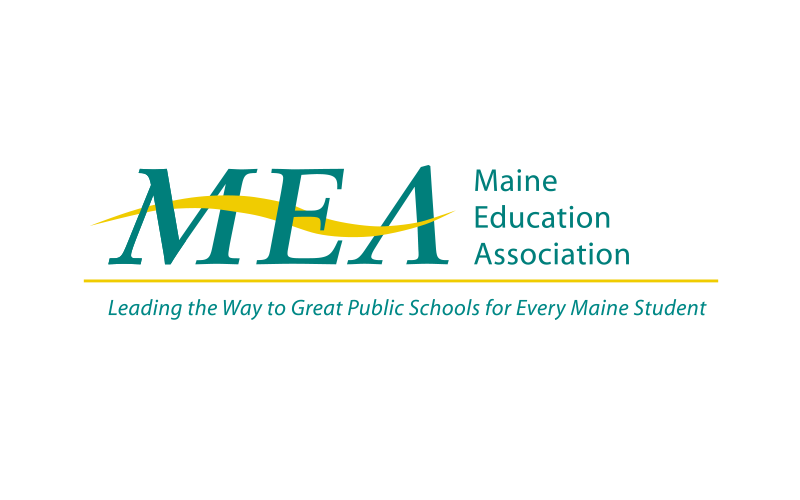Once passage is secured in the House (already passed the Senate), they will start negotiating a fourth (4th ) relief effort and possibly a fifth (5th ), where we will continue to advocate for issues that were missing in the previous three. We will be sure to let you know if there ways members can engage in those processes.
Regarding student debt, while it was an important win to get six (6) months of interest and payment suspension, there was no inclusion of any loan cancellation, as the Democrats previously proposed. Unfortunately, for the purposes of the third package, it is our understanding that the Democrats pushed the hardest on items like bailout restrictions, hospital help, and unemployment insurance, which had some meaningful changes in the final version. We will be working hard to expand on the existing student loan provisions from CARES and see if there is wiggle room for loan cancellation in package #4.
Emergency Appropriations – Higher Education
- Higher Education Emergency Relief Fund, $14.25 billion: available for higher education emergency relief for institutions of higher education to prevent, prepare for, and respond to coronavirus. Funds may be used to defray expenses for institutions of higher education, such as lost revenue, technology costs associated with a transition to distance education, and grants to students for food, housing, course materials, technology, health care, and childcare.
- Governor’s Education Emergency Relief Fund, $3 billion per state: May be used to provide emergency grants to institutions of higher education within the Governor’s state.
Higher Education Associations
- HEA waivers are not included; only ESEA has access to the emergency waivers proposed in the CARES Act.
- NEA supported a letter (attached) in opposition to HEA waivers that existed in a previous draft of the CARES Act. Our name was not included in the signature due to timetables, but our support for the letter was individually acknowledged to key-congressional staff. Regardless, this is a major win for NEA’s members.
- Institutions are allowed to issue work-study payments to students who are unable to work during school campus closures.
- Exclusions for Pell Grant eligibility, subsidized loan limits, and institutional refund for students who needed to withdraw from school during COVID-19 crisis.
- Authorization for the Secretary of Education to defer payments on current HBCU Capital Financing loans during this national emergency period, so these institutions may devote their resources to COVID-19 efforts. There is also specific 7.5% carve out designated specifically for HBCUs and MSIs within the Higher Education Emergency Relief fund. Roughly a little over $1 billion in funding.
- Waivers for certain outcome requirements in FY 2021grant programs designated for HBCU and other MSIs.
Student Loans
- 6 month suspension of federal student loan payments and interest accrual (through September 30).
- Suspended monthly payments are considered as qualified payments toward achieving PSLF.
- Protects student borrowers from any involuntary collections, wage garnishments, reduction of tax refund, or reduction of federal benefit payment during the COVID-19 public health crisis.
- (Added from the Dem proposal)
- Informs borrowers of the program, not later than 15 days after enactment, and requires the Sec. of Education by August 1st to provide no less than 6 notices via postal mail, telephone, or electronic communication of when payment suspension concludes and options to enroll in federal income-driven repayment plans.
- (Added from the Dem proposal)
Employer Participation in Student Loan Repayment:
- Enables employers to provide student loan repayment benefits to employees on a tax-free basis. An employer may contribute up to $5,250 annually towards and employee’s student loan, and such payment would be excluded from the employees income.
- Applies to any student loan payments made by an employer on behalf of an employee after date of enactment and before January 1, 2021.
TEACH Grants and Teacher Loan Forgiveness:
- Modifies both programs to allow exemptions during qualifying emergencies, like COVID-19, if educator is unable to fulfill their teaching service obligation (TEACH) or consecutive years of teaching service (TLF).




